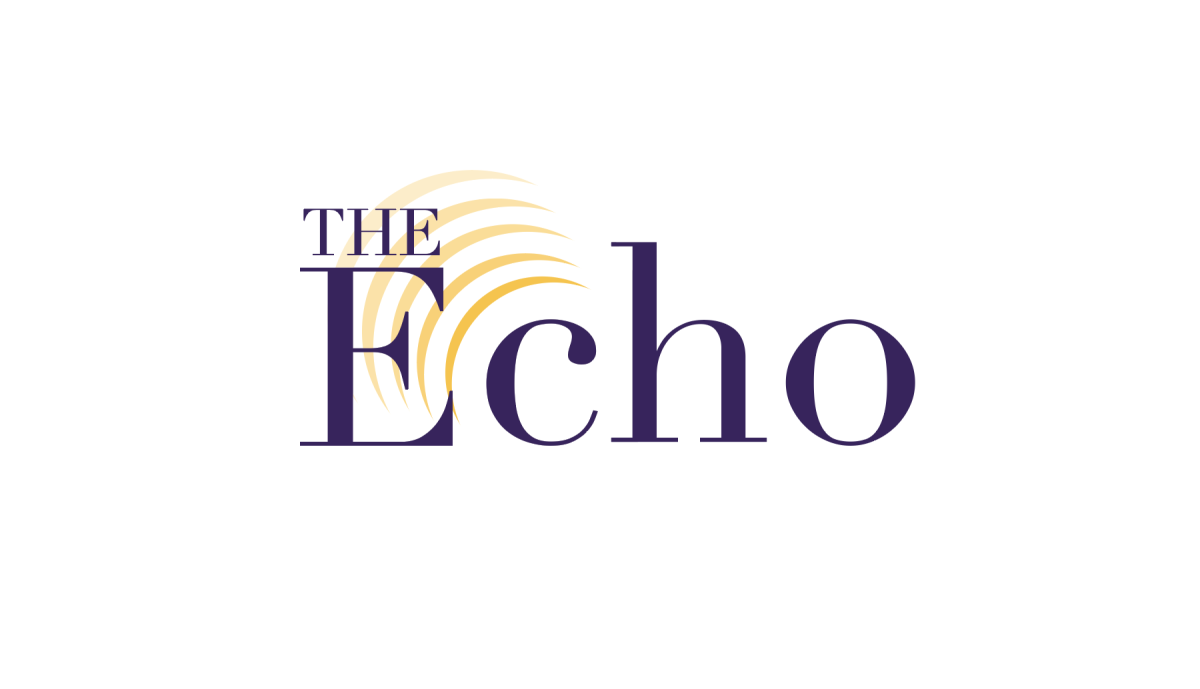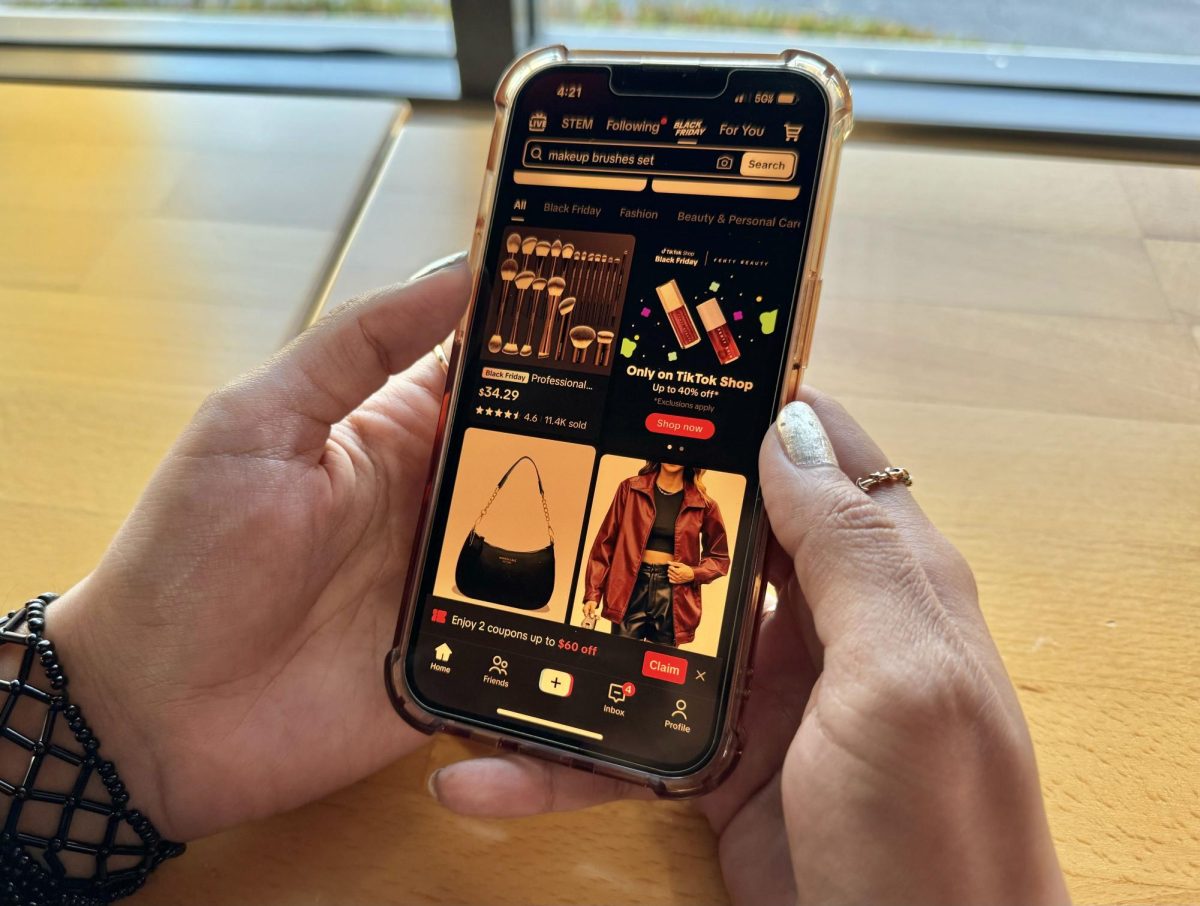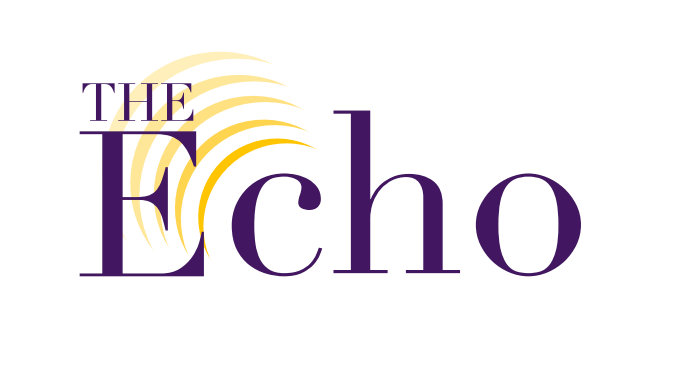The Echo primarily relies on the willingness of students, faculty, and staff to provide reporters and editors with interviews to write factual and accurate articles. Without in-person, phone, or Zoom interviews, reporters are restricted in their abilities.
This semester, The Echo saw an increase in the number of interview denials from sources, especially coming from University staff.
We understand that allocating time for a 15-minute interview can be difficult when one is already preoccupied with other commitments. However, The Echo is not just an extracurricular, it is also a class.
Reporters have deadlines, source requirements, and word counts to meet – all of which become virtually impossible to complete without the cooperation of sources. It’s highly discouraging when faculty are not supportive of our efforts to provide the necessary educational experience for students in The Echo class.
Alongside the lack of cooperation, The Echo also saw an increase in unresponsive sources. We understand that not everyone is comfortable being quoted; however, to move forward in our reporting process and meet our deadlines, we rely on responses from those we contact.
COMM-431, or News Reporting Experience, provides students with the necessary skills to gather, analyze, and write information effectively and clearly. Additionally, the course also provides students with the opportunity to enhance their communication skills and prepares them for real-world encounters.
As employees of a university, it can be argued that there is an implied obligation within the job description to make yourselves available to students.
Across the board, this has not been evident from reporters to editors.
That said, The Echo would like to extend our thanks to Interim President John Nunes for his proactive communication with our staff and reporters this semester. Weeks after he took office, Nunes reached out to The Echo’s faculty adviser and Editor in Chief to discuss The Echo’s role on campus and how he and his colleagues could best support the publication.
Throughout the semester, Nunes and his cabinet have made a consistent effort to set a high standard of transparency between the media and the public by continuing to be available for comment.
We are merely asking that faculty and staff become more available to student reporters, and follow the example set by Nunes.
Students deserve a journalistic experinece that emphasizes the skills necessary to be proficient in future media endeavors.



